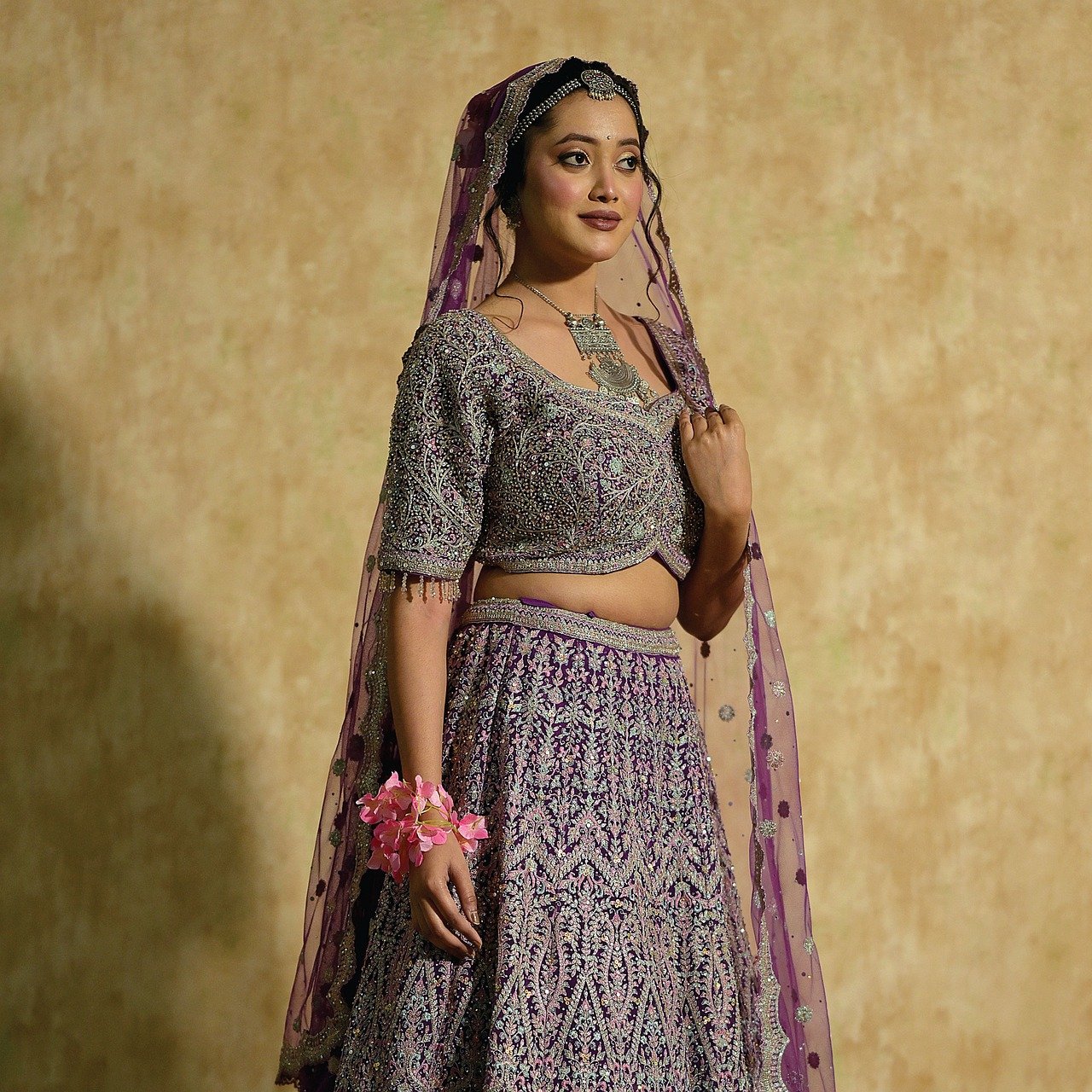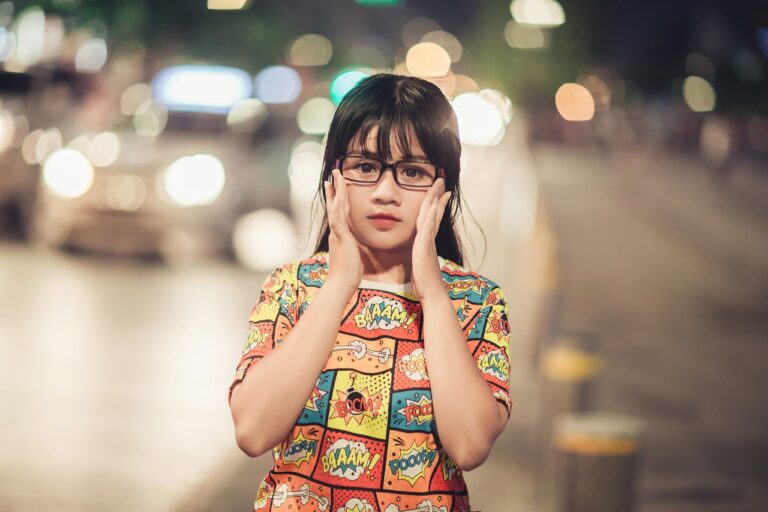The Role of Fashion in Promoting Inclusivity and Diversity in the Industry Through Sustainable Practices
In the realm of fashion, representation plays a significant role in shaping the landscape of the industry. By showcasing a diverse array of models, designers, and creatives from various backgrounds, the industry can break down traditional stereotypes and foster a more inclusive and welcoming environment. Through representation, individuals from all walks of life can feel seen, heard, and valued in the world of fashion.
Moreover, the presence of diverse representation in the fashion industry not only promotes inclusivity but also opens up new avenues for innovation and creativity. When different perspectives and experiences are brought to the forefront, it leads to the creation of unique and groundbreaking designs that resonate with a broader audience. In essence, representation in fashion serves as a catalyst for change, inspiring future generations to embrace their individuality and express themselves authentically through style.
Challenges faced by marginalized communities in the fashion industry
Marginalized communities have long been underrepresented in the fashion industry, facing significant hurdles when it comes to visibility and opportunities. From limited access to education and resources to discriminatory hiring practices, these communities are often left out of major decision-making processes within the industry. Additionally, the lack of diversity in fashion leadership positions further exacerbates these challenges, as it hinders the presence of diverse voices and perspectives in shaping the direction of the industry.
Moreover, the issue of cultural appropriation adds another layer of complexity for marginalized communities in the fashion industry. Oftentimes, traditional attire and styles that hold deep cultural significance are appropriated by mainstream fashion brands without proper recognition or respect for their origins. This not only perpetuates harmful stereotypes but also deprives communities of their agency and authenticity in sharing their heritage with the world.
The impact of sustainable practices on inclusivity and diversity in fashion
Sustainable practices in the fashion industry play a crucial role in promoting inclusivity and diversity. By incorporating eco-friendly materials and ethical production processes, brands can showcase a commitment to social responsibility and create a more welcoming environment for all individuals. This shift towards sustainability also opens up opportunities for marginalized communities to have a voice and representation in the fashion world, breaking down barriers and paving the way for a more inclusive industry.
Furthermore, embracing sustainable practices can lead to the celebration of different cultures and traditions within the fashion space. By sourcing materials locally and supporting artisans from diverse backgrounds, fashion brands can highlight the beauty of global diversity and encourage cross-cultural appreciation. This emphasis on sustainability not only benefits the environment but also allows for a richer tapestry of perspectives and creativity to flourish in the fashion industry.
• Sustainable practices in fashion promote inclusivity and diversity
• Eco-friendly materials and ethical production processes showcase social responsibility
• Opportunities for marginalized communities to have a voice in the fashion world
• Breaks down barriers and creates a more welcoming environment for all individuals
• Celebration of different cultures and traditions through sustainable practices
• Sourcing materials locally supports artisans from diverse backgrounds
• Highlights the beauty of global diversity and encourages cross-cultural appreciation
• Allows for a richer tapestry of perspectives and creativity to flourish in the fashion industry
Why is representation important in the fashion industry?
Representation in the fashion industry is important as it reflects the diversity of the world we live in. It allows for individuals from all backgrounds to feel seen, valued, and included in the industry.
What are some challenges faced by marginalized communities in the fashion industry?
Marginalized communities often face discrimination, lack of opportunities, and limited representation in the fashion industry. This can lead to exclusion and limited access to resources and platforms.
How do sustainable practices impact inclusivity and diversity in fashion?
Sustainable practices in fashion promote ethical and responsible production, which can benefit marginalized communities by providing fair working conditions and opportunities. It also encourages brands to be more inclusive and diverse in their representation and marketing strategies.







